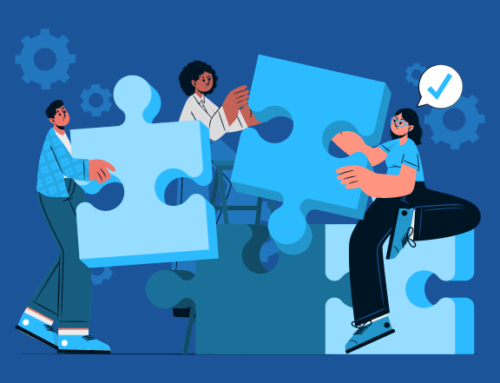Application Programming Interfaces (APIs) enable seamless communication and data exchange between different software applications and services. APIs empower businesses to deliver innovative solutions, enhance user experiences, and drive digital transformation. However, with the increasing reliance on APIs, the importance of API security cannot be overstated. Neglecting proper safeguards when using APIs can lead to severe consequences, including data breaches, compromised customer information, and reputational damage. In this article, we will explore the significance of API security and common risks associated with insecure APIs, and provide guidance on how to protect your data and customers.
The Significance of API Security
APIs act as gateways, allowing authorized applications to access and interact with data and functionality. As such, they provide a potential entry point for malicious actors seeking to exploit vulnerabilities in the system. The consequences of insecure APIs can be far-reaching:
- Data Breaches: Inadequate API security can expose sensitive data, such as personal identifiable information (PII), financial records, or intellectual property. A successful API breach can lead to severe financial and legal consequences, erode customer trust, and damage the organization’s reputation.
- Unauthorized Access: Weak authentication and authorization mechanisms can enable unauthorized individuals to gain access to restricted resources or perform actions they should not be allowed to perform, leading to unauthorized data modification, data leakage, or unauthorized use of resources.
- API Spoofing: Malicious actors can impersonate legitimate applications by forging API requests, resulting in unauthorized access, data manipulation, or even gaining control over the targeted system.
- Injection Attacks: APIs failing to validate and sanitize user input properly are susceptible to attacks such as SQL or command injection. These attacks can enable hackers to execute arbitrary commands or manipulate database queries, potentially leading to data leaks or system compromise.
Protecting Your Data and Customers
To mitigate the risks associated with API vulnerabilities, it is crucial to implement robust security measures throughout the entire API lifecycle.
Here are some best practices to consider:
- Secure Authentication and Authorization: Implement strong authentication mechanisms, such as OAuth 2.0 or JSON Web Tokens (JWT), to ensure that only authorized applications can access your APIs. Employ fine-grained authorization controls to restrict access to specific resources and actions.
- Input Validation and Output Encoding: Validate and sanitize all user input to prevent injection attacks. Apply output encoding to protect against cross-site scripting (XSS) vulnerabilities, ensuring that data is properly encoded before being rendered in a response.
- Rate Limiting and Throttling: Implement rate limiting and throttling mechanisms to control API usage and prevent abuse which helps protect against brute force attacks and ensures that your API infrastructure can handle incoming requests effectively.
- Transport Layer Security (TLS): Use secure communication protocols like HTTPS to encrypt data transmitted over the network, safeguarding sensitive information from eavesdropping and tampering during transit.
- Comprehensive Logging and Monitoring: Implement robust logging and monitoring capabilities to detect and respond to suspicious activities or anomalies. Regularly review logs to identify potential security incidents and take appropriate actions promptly.
- Regular Security Audits and Testing: Perform regular security audits and penetration testing to proactively identify and address vulnerabilities. Stay up-to-date with security best practices and apply patches and updates promptly.
Final Thoughts
APIs serve as essential tools for modern software development and integration. However, the benefits they provide come with significant security risks. Neglecting API security can lead to data breaches, unauthorized access, and reputational damage. Organizations can protect their data, customers, and brand reputation by implementing strong authentication and authorization, validating user input, encrypting data in transit, and continuously monitoring API activity. Prioritizing API security is not just a matter of compliance; it is a crucial step toward building trust, maintaining customer confidence, and safeguarding digital assets in the ever-evolving digital landscape.




